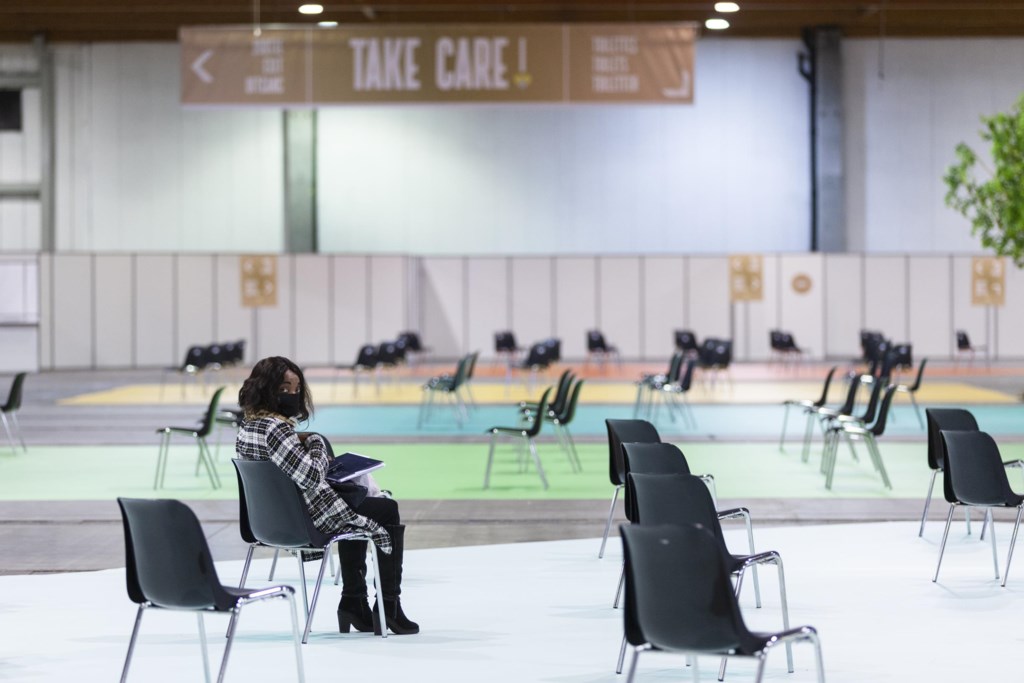Just under 10,000 first vaccine doses were administered in Brussels last week, which is over 6,000 shots short of the Capital Region's weekly target in September, according to the health authorities.
At the end of August, Brussels announced that it wanted to drastically increase its vaccination rate, by administering about 16,000 first doses per week this month to reach a vaccination coverage of 65% by the end of October.
"In the first week after the announcement, however, the number went down rather than up, with 9,900 first shots, compared to 10,500 the week before," said Inge Neven, the head of the Brussels health inspectorate, at a press conference on Tuesday.
"We had hoped that there would be more, but we have seen that the number of first doses in the vaccination centres has decreased," she said. "We have yet to investigate why that is. It is possible that many people had other things on their minds at the start of the new school year."
According to the latest figures by the Sciensano national health institute, almost 53% of the entire Brussels population received at least a first dose, while just under 50% is fully vaccinated.
Related News
- What Brussels is doing to increase its vaccination rate
- Brussels aims for 65% vaccination rate by end of October
- Brussels starts vaccinating residents in shops today
Since the start of the school year, people can also be vaccinated in large shops like Carrefour, IKEA and Action, but this is "not yet an overwhelming success either," Neven said.
"So far, it yielded 800 vaccinations," she explained. "That's not bad, but we might have expected more. We are still looking at how we can improve that offer."
"In any case, we have to realise that this vaccination campaign will take time," stressed Neven. "We have to convince people, while the messages against vaccines on social media are just increasing in intensity."
From now on, the Capital Region is taking on a much more local approach to vaccinated, with a decentralised network of vaccination facilities in schools, shops, businesses and public places.
A pilot project in (and in front of) a pharmacy in the Quartier Maritime in Molenbeek, however, showed that this effort does not always result in a lot of new vaccinations: in three days, some 40 vaccines were administered. The experiment is now being continued in Schaerbeek.
New local vaccination points will still be set up in the coming weeks, with a major focus on schools, according to Neven. "We are now focusing on raising awareness through debates, among other things."
"This is necessary, because there is a lot of resistance," she stressed. "Inform first, vaccinate later."
Pilot projects with vaccination will start from 13 September, followed by school vaccination on a larger scale the following week.
Neven stressed that vaccination in or near schools is particularly important because many pupils between 12 and 17 are not yet vaccinated, while the virus circulation is greatest in that age group.
In Brussels, less than 30% of pupils aged 12-17 already received a first dose, compared to almost 80% in Flanders.
From 14 September, a vaccination point will be set up at the Central Station, and two days later, a point will open at the VUB in the municipality of Etterbeek.

